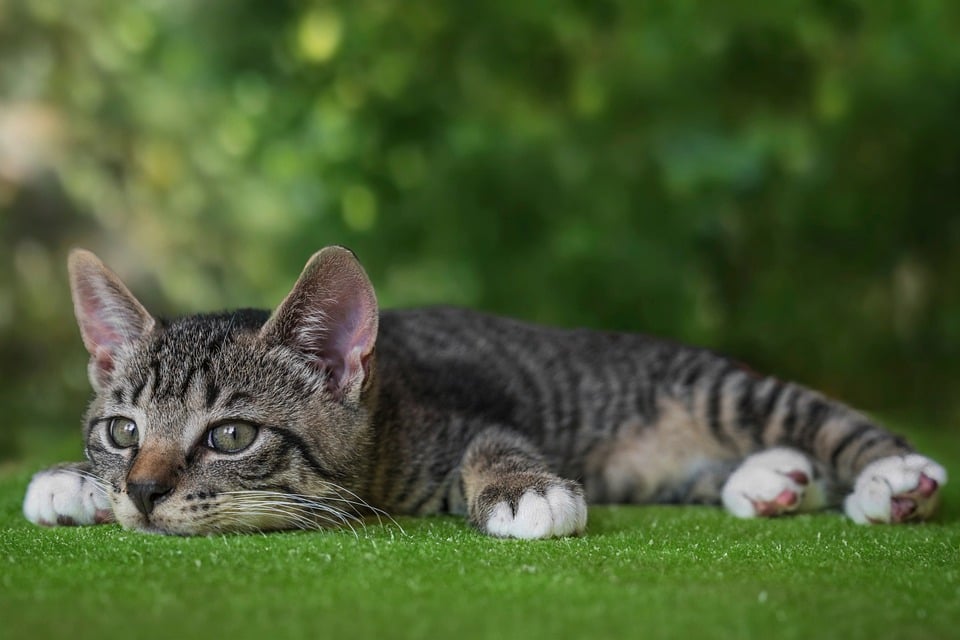Baby cats, also known as kittens, are undeniably some of the most adorable creatures on the planet. Their playful nature, curiosity, and boundless energy make them a joy to be around. At 2 months old, kittens have already made significant progress in their development but still require special care and attention to ensure their well-being. In this article, we will explore the basics of caring for an 8-week-old kitten, with information sourced from the latest veterinarian research.
Size and Development:
At 2 months old, kittens typically weigh close to 2 pounds and resemble miniature versions of adult cats. By this age, their eyes have transitioned to their permanent color. Healthy kittens usually gain around 1 pound per month until they reach about 6 months of age. They are nearly as coordinated as adult cats and are eager to explore their surroundings with energy and enthusiasm.
Diet:
While 2-month-old kittens have usually been weaned from their mothers, they still have specific dietary requirements and need to eat more frequently than adult cats. It is essential to provide them with food specially formulated for kittens until they are about 1 year old. High-quality commercial kitten food, both wet and dry, is readily available and designed to provide the necessary nutrients and calories for their growth and development.
Feeding Schedule:
Kittens at this age should be fed three to four meals a day or free-fed to ensure they have enough energy to support their active lifestyle. It is recommended to follow the feeding guidelines on the food packaging and consult with a veterinarian to determine the appropriate amount of food for your kitten. As they grow older, kittens can transition to two meals per day.
Behavior:
Kittens are known for their playful and mischievous behavior. While they spend a significant amount of time sleeping, they are also busy learning essential skills such as stalking and pouncing. Providing them with engaging toys and playtime sessions is crucial for their physical and mental development.
Litter Boxes:
Most kittens have mastered using the litter box by the time they are adopted. It is essential to provide a clean and accessible litter box for your kitten and place it in a quiet and private location. Using the same litter that the kitten is familiar with can help ease the transition to their new environment.
Medical Care:
Regular veterinary check-ups are essential for kittens to monitor their growth and development. Kittens should receive their first vaccinations between 6 and 8 weeks old to protect them from common diseases. Microchipping and spaying/neutering are also recommended at 2 months old to ensure their long-term health and well-being.
In conclusion, caring for a 2-month-old kitten involves providing them with a balanced diet, engaging toys, proper litter box training, and regular veterinary care. By following these guidelines and providing a loving and nurturing environment, you can ensure that your kitten grows into a healthy and happy adult cat. Congratulations on welcoming a new furry family member into your home!





